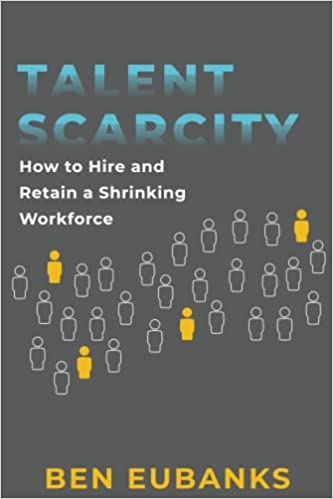“It’s a big differentiator. And I think the organizations that figure it out–the organizations that get it right–are the ones that are gonna be able to attract people. And I think organizations that don’t are gonna have more of a struggle because that becomes more important as we think about just making conscious choices: how do we wanna spend our days? How do we wanna spend our working lives and what do we want to accomplish?
Mike Trusty, VP of Talent and Learning, Fannie Mae
We’re Only Human — Episode 157
Digital transformation isn’t a new concept, but it’s always interesting to hear how different employers approach the process, the challenge, and most importantly, the people side of the equation. In this episode of We’re Only Human, Ben Eubanks interviews Mike Trusty from Fannie Mae about his perspective on the organization’s transformation journey and what lessons it holds for other leaders on similar paths. Spoiler alert: Mike’s big recommendation: hold off on the flash and focus on the substance. The nuts and bolts. The key fundamentals. Without that foundation, most efforts will not succeed long-term. Want more? Dive into this episode and take notes!
Show Notes
- Connect with Mike on LinkedIn
- Check out HR Summer School, our biggest virtual livestream event of the year!
- Check out our show archives and sign up for updates so you don’t miss an episode
